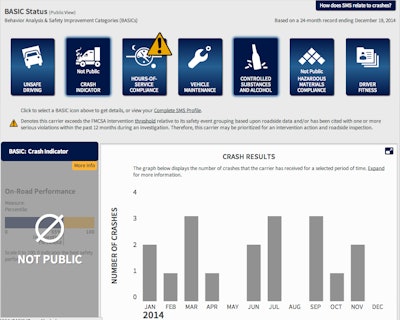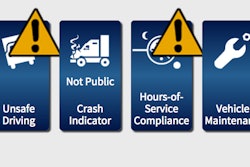
The bill also would allow carriers to satisfy driver drug testing rules by testing hair samples instead of urine and set up a program that gives states the ability to enter into compacts to let under-21 CDL holders cross state lines.
The legislation also establishes so-called “interim hiring standards” for those hiring carriers (such as brokers), a measure critics say could damage owner-operators’ and other small carriers’ ability to secure customers. The provision could be changed later in the legislative process, however. Click here to read more on the hiring standards provision.
Otherwise, the House’s bill is similar in many ways to the Senate’s July-passed DRIVE Act and would institute similar trucking regulatory reforms. The bills are not the same, however, with key differences coming in the form of funding mechanisms and total scope and breadth. So the two chambers will have to meet via joint committee to reconcile the differences and bring new legislation up for a vote later for a long-term bill to reach the White House and then become law.
 CSA’s SMS percentile rankings would, under the House bill, be removed from public view until FMCSA implements fixes to the program.
CSA’s SMS percentile rankings would, under the House bill, be removed from public view until FMCSA implements fixes to the program.Lawmakers have until Nov. 20 to pass either a long-term bill or a short-term bill, as that’s when the most recent 22-day highway funding extension expires.

The House’s bill is a six-year funding bill worth $325 billion. The legislation would require Congressional action in three years, however, to re-up the bill’s revenue mechanism. The Senate’s version, meanwhile, is a six-year $275 billion package that also would require more Congressional action in three years to “unlock” revenue for the act’s second half.
Other trucking reforms in House bill include measures to require FMCSA to begin collecting truck operator detention data, further study motor carrier liability insurance minimums and an amendment that clarifies Congressional intent of a 1994 freight-focused act that prevents states from enacting laws that interfere with national freight movement.










